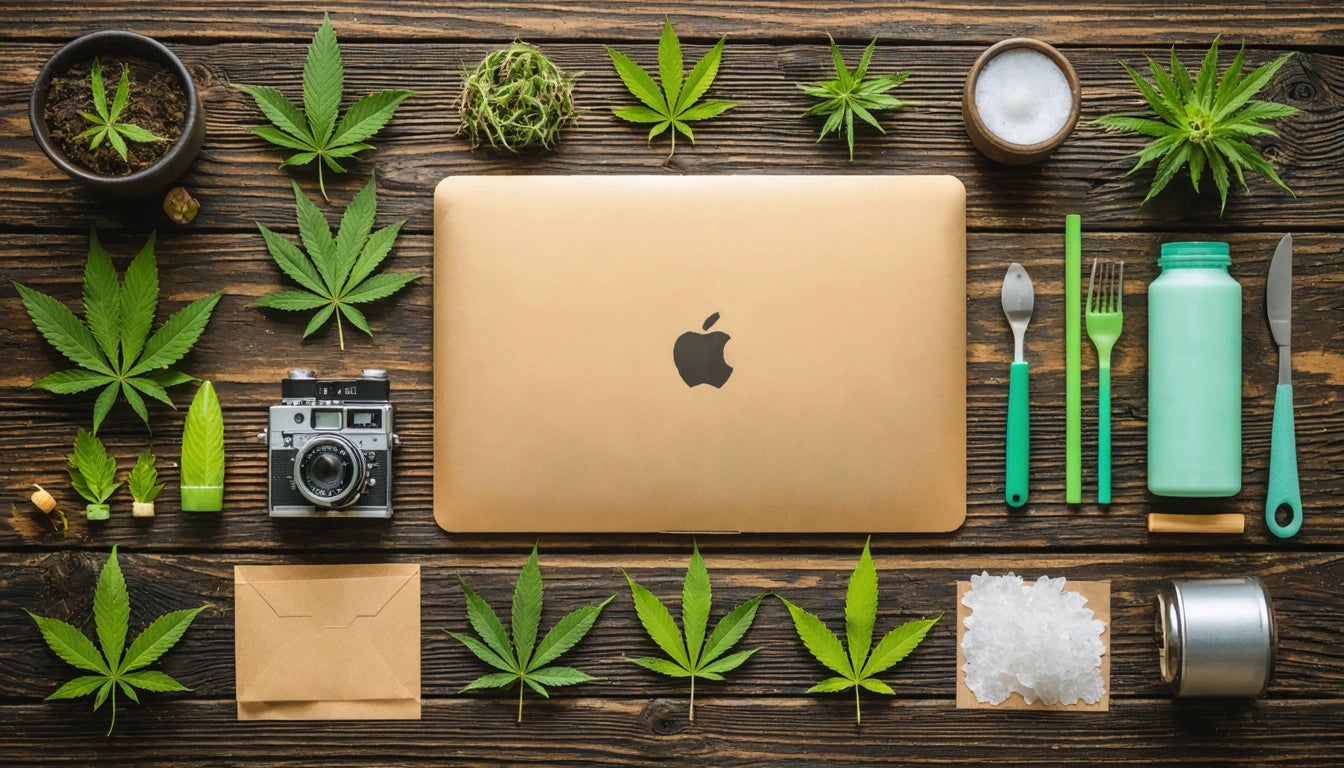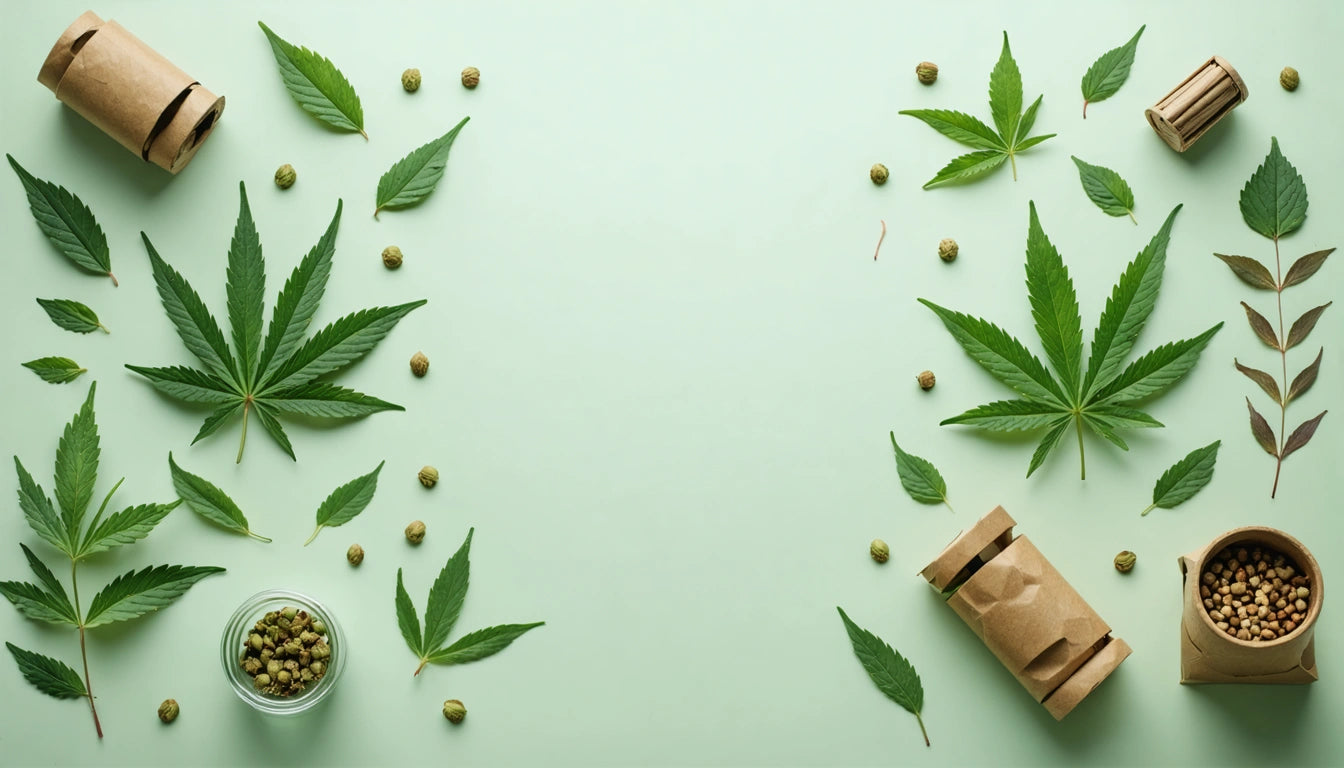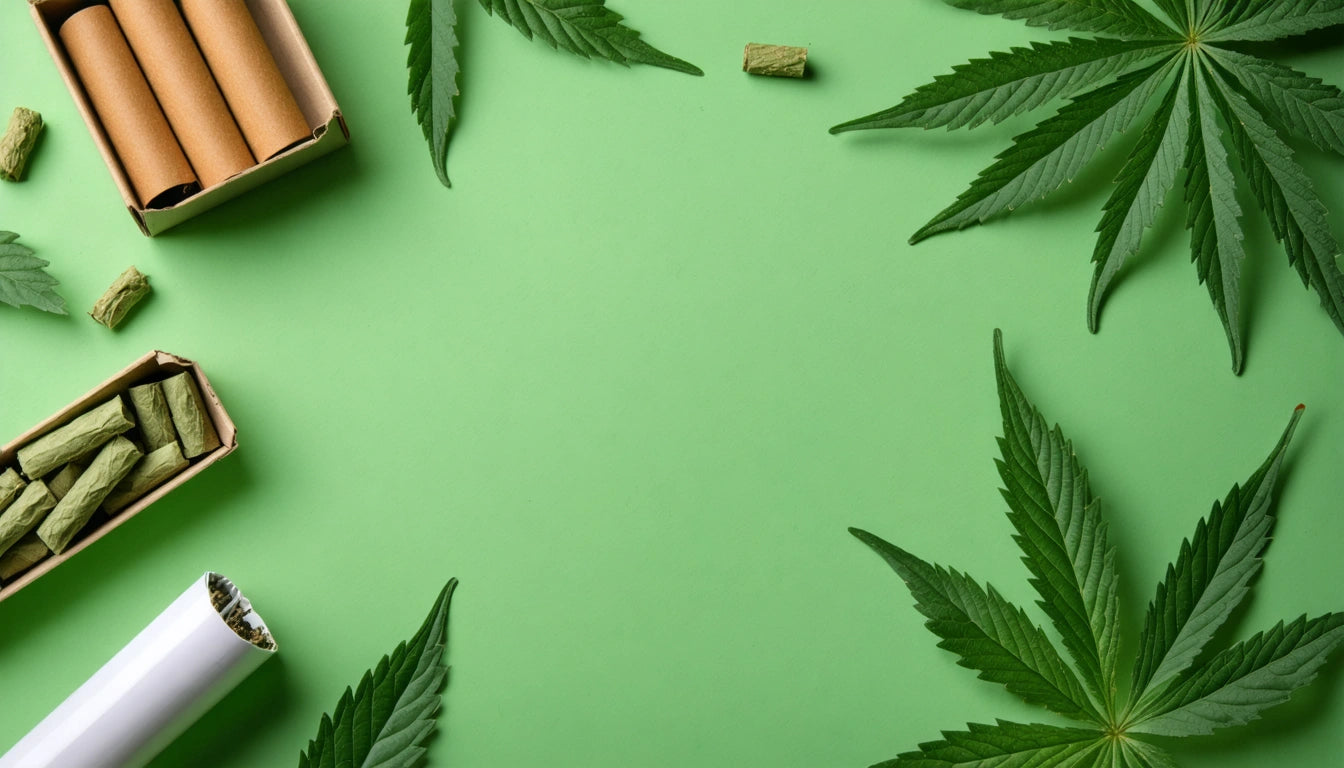Table of Contents
- What is Greening Out: Definition and Recognition
- Why Do People Green Out: Common Causes and Risk Factors
- Symptoms and Effects of Greening Out
- What to Do When You Green Out: Immediate Relief Strategies
- Prevention Strategies: Avoiding a Green Out Experience
- Individual Variations: Why Some People Never Green Out
Understanding Greening Out: Causes, Effects, and What to Do
Cannabis consumption can be an enjoyable experience for many, but sometimes it can lead to an uncomfortable reaction known as "greening out." This phenomenon occurs when someone consumes more cannabis than their body can comfortably process, resulting in a range of unpleasant physical and psychological symptoms. Understanding what happens when you green out and why people green out can help cannabis users prevent and manage these experiences.
What is Greening Out: Definition and Recognition
Greening out refers to the adverse reaction that occurs from consuming too much cannabis too quickly. Unlike alcohol's "blacking out," where memory loss occurs, greening out is characterized by being fully aware of the intensely uncomfortable experience. The term comes from the pallor that often accompanies the symptoms, as many people develop a pale, greenish complexion during an episode.
According to research on greening out mechanisms, this reaction typically results from THC overwhelming the endocannabinoid system, particularly in individuals with lower tolerance levels or those who have consumed high-potency products.
Why Do People Green Out: Common Causes and Risk Factors
Several factors contribute to why people green out when using cannabis:
- Dosage and potency: Consuming high-THC cannabis products without proper dosing knowledge is a primary cause
- Consumption method: Edibles are particularly tricky as they're metabolized differently, often leading to stronger, longer-lasting effects
- Individual tolerance: Low tolerance, whether from inexperience or a break from use
- Empty stomach: Using cannabis without eating can intensify effects
- Mixing substances: Combining cannabis with alcohol or other drugs often amplifies reactions
- Anxiety or stress: Pre-existing anxiety can be heightened by THC
Using accurate measurement tools for dosing can significantly reduce the risk of overconsumption, especially for those who are sensitive to THC or new to cannabis use.
Symptoms and Effects of Greening Out
Physical Symptoms
When exploring what happens when you green out, several physical symptoms commonly appear:
- Nausea and vomiting
- Sweating and chills
- Dizziness and vertigo
- Increased heart rate
- Trembling or shaking
- Dry mouth
- Fatigue
Psychological Symptoms
The psychological effects can often be more distressing than the physical ones:
- Extreme anxiety or panic
- Paranoia
- Disorientation
- Time distortion
- Sensory overload
Many users wonder, "Can you pass out from greening out?" While uncommon, some individuals may experience a temporary loss of consciousness, particularly if they stand up quickly due to the drop in blood pressure that can accompany a green out episode.
What to Do When You Green Out: Immediate Relief Strategies
Knowing what to do when you green out can significantly reduce the duration and intensity of the experience. Effective management strategies include:
- Stay hydrated: Drink water slowly to combat dry mouth and help flush your system
- Find a calm environment: Reduce stimulation by finding a quiet, comfortable space
- Use the buddy system: Having a sober friend provide reassurance can help manage anxiety
- Try black pepper: Chewing on black peppercorns may help reduce THC's psychoactive effects
- Focus on breathing: Deep, slow breaths can reduce anxiety and heart rate
- Consume CBD: If available, CBD may help counteract some of THC's effects
Remember that the effects are temporary. Most green out experiences resolve within 2-6 hours, though residual effects may linger up to 24 hours in some cases, particularly with edibles.
Prevention Strategies: Avoiding a Green Out Experience
Prevention is always better than dealing with a green out after it occurs. Strategies to avoid greening out include:
- Start low, go slow: Begin with minimal doses and wait between consumption sessions
- Know your product: Understand the potency and THC content before consuming
- Consider the method: Smoking or vaping allows for more dose control than edibles
- Eat before consuming: Having food in your stomach can moderate the effects
- Avoid mixing substances: Particularly alcohol, which can intensify cannabis effects
- Be mindful of your setting: Consume in comfortable, familiar environments
Understanding how much cannabis is too much for your personal tolerance is crucial for preventing adverse reactions.
Individual Variations: Why Some People Never Green Out
Many cannabis users wonder, "Why have I never greened out?" Individual differences in endocannabinoid systems, metabolism, and consumption habits contribute to varying experiences. Factors that may explain why some people rarely or never green out include:
- Natural tolerance: Some individuals have endocannabinoid systems that process THC more efficiently
- Cautious consumption habits: Consistently using moderate amounts and knowing personal limits
- Experience level: Regular users develop tolerance and learn their boundaries
- Genetic factors: Variations in liver enzymes that metabolize THC
- Body composition: THC is fat-soluble, so body composition affects how it's processed
Even experienced users can green out if they significantly exceed their usual dose or try a much higher potency product than they're accustomed to. Research debunking common myths shows that no one is completely immune to greening out if consumption is excessive relative to personal tolerance.
Understanding the science behind cannabis consumption and respecting your body's signals are the most effective ways to enjoy cannabis while minimizing the risk of greening out. With proper education and mindful consumption practices, most negative experiences can be avoided entirely.











Leave a comment
All comments are moderated before being published.
This site is protected by hCaptcha and the hCaptcha Privacy Policy and Terms of Service apply.